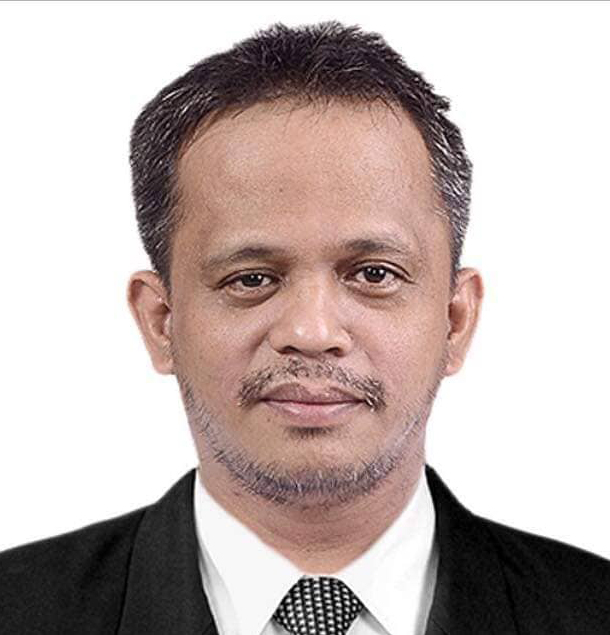During a class recitation, I asked the students this question in my general ethics class: What is the root cause of the inequalities in Philippine society? The best answer came from Juleah Zardilla, who explained: “The inequalities in our country are a result of a system instituted by our colonizers.
They favored the landed few in order to control the people. By exerting their political influence, the elite who took over from our colonial masters maintained their position in society and perpetuated the inequalities that denied ordinary Filipinos the opportunity to live decent lives.”
President Rodrigo Duterte’s legacy was his fight against the rule of the elite. The rectification of historical injustices, especially those that has been inflicted on the minority, is a difficult job since it will involve not only institutional changes, but also an improvement of the political culture and cultural norms of the people. While it is true that people are frustrated and that the past administrations have not been able to create real opportunities for human progress and inclusive growth, the sentiments of people are mere symptoms. We have to go into the root cause of our problems if we want to overhaul any system of government.
Wataru Kusaka, a Japanese scholar whose work is anchored on moral politics, writes that reducing politics as the conflict between the elite and the masses hides the fact that inequality is rooted not only in unjust systems but also in uneven social structures that reveals a clash of values and the many struggles of a people against latent and obvious forms of oppression and injustice.
A systemic analysis of the socio-economic conditions of people will yield reasons for the gross inefficiency and incompetence of the leadership, but it cannot explain the reality of cultural bias or the historical contexts that embolden the resolve of the impoverished masses to fight for their rights and demand change from their government.
When it comes to politics, the late Dr. Romulo Bautista often reminded his students that we cannot legislate morality nor create a new set of values for the people to follow. Every society is value-laden and for this reason, it is important to look into local thinking and the sentiments of the community.
Take note that when the Americans introduced their own brand of democracy into the Philippines, they have envisioned an independent Filipino nation that can stand on its own without Uncle Sam. What happened was, instead of improving the socio-political conditions of the ordinary people, the US model of democracy, according to Kusaka, simply “strengthened the power base of the elites in the country.”
The Americans took over from Spain a nation that was burning with the flames of nationalism but one that suffered from regional divide. Ilustrado politicians like Quezon, Osmeña, and Roxas would serve as the standard for the national leadership. The Philippine Revolution, essentially, was an exclusive affair of the Tagalogs.
When the Spaniards left the country, prominent families acquired vast plantations that employed poor Filipinos. In turn, the wealthy lorded over the lives of the peasants and influenced the outcomes of elections.
This feudal arrangement is the basis of what Benedict Anderson termed as cacique democracy. This model will however transform itself from being agriculture-based to being services-sector oriented, although the exploitation of the country’s labor force remains apparent.
The political structures in the country make manifest the harsh reality that most politicians serve the interests of oligarchs. The latter finance the run for office of many of our leaders. For Paul Hotchcroft, this power to control and influence the socio-economic life of the population is called “rent-seeking.”
Ending social and economic inequalities will require not only a reform in policy but also the dismantling of unjust power structures in the country and the introduction of an open, transparent, and inclusive model of governance.
The perpetuation of the unjust rule of the elite is the reason for the failures of Philippine democracy.
Indeed, the first president from Mindanao may have succeeded in disturbing the comfort zones of the elite, but beyond this very important legacy, authentic reform must be a collective endeavor that is meant toward social, economic, and political transformation.




